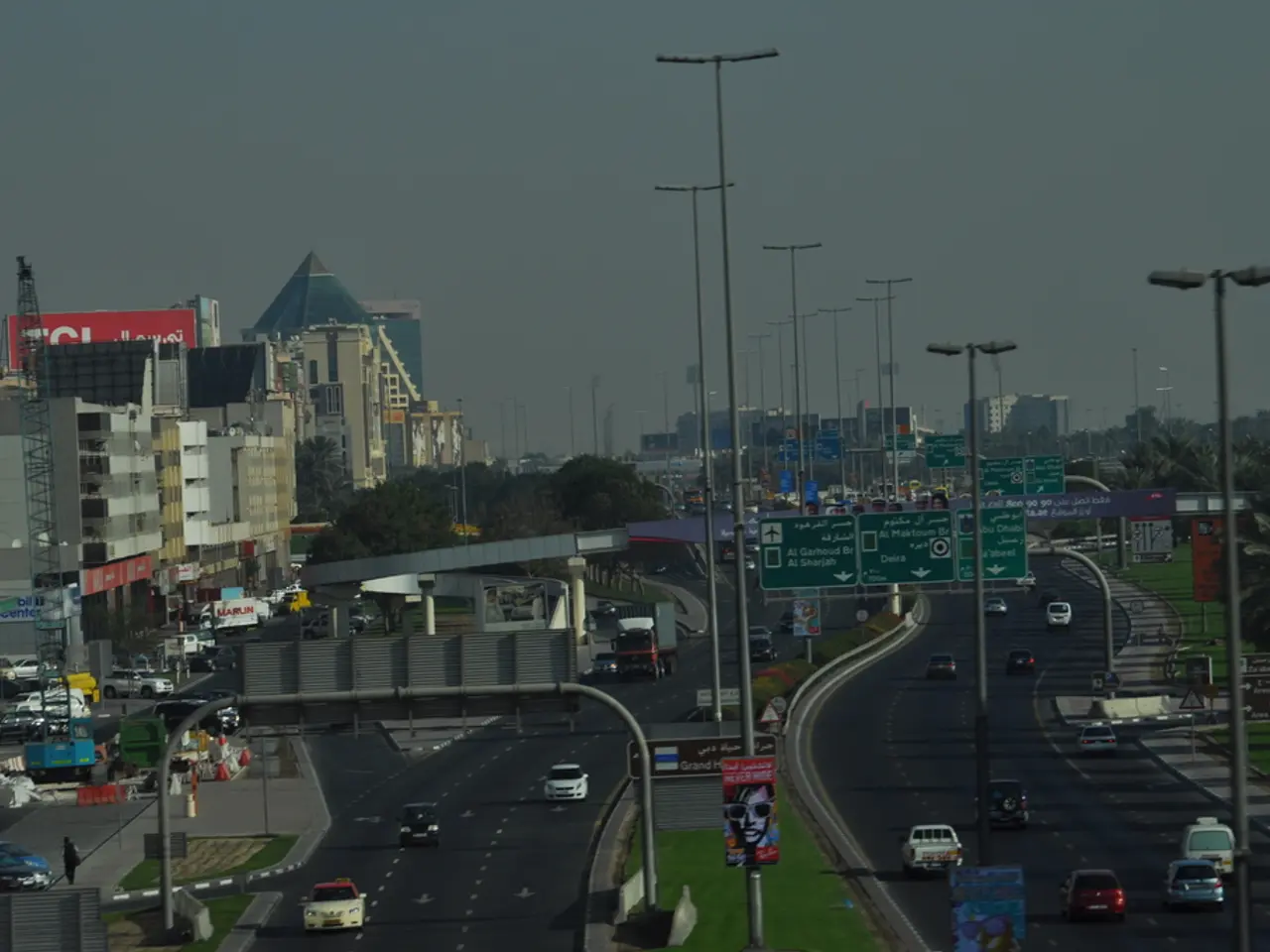Overlooking the unobserved is exempt from taxation
In the heart of the British tax system lies a unit dedicated to managing the taxes of the wealthy elite - the High Net Worth Unit (HNWU) within HMRC, with approximately 100 staff members.
However, a growing concern is not about the wealthy leaving the country, but rather the exodus of essential workers due to burnout, pay erosion, and cost pressures. This issue has been exacerbated by the pandemic, during which the five richest men doubled their wealth in just two years.
The UK, it seems, has the tools to tax extreme wealth, but lacks the political leadership to utilise them. This inaction is costing the country billions of pounds in potential tax revenue. The wealth of the super-rich remains largely unmeasured and untaxed in the UK, contributing to this significant loss.
A suggested solution is the establishment of a high-net-worth individuals' unit within HMRC, equipped with the necessary skills and resources. This unit could be instrumental in implementing a taxing wealth programme, alongside reforming rules and greater fiscal-monetary policy coordination.
The benefits of such a reform would extend beyond the coffers of the Treasury. Resources generated could be invested in climate resilience, public services, and community assets, contributing to a transformational shift in society.
The disparity in tax rates between the lowest and highest income brackets is stark. While those on the lowest incomes face an effective tax rate of 44%, the richest face less than half that tax rate. This imbalance has fueled resentment and fuelled a politics of hate.
The top 1% in the UK hold more wealth than the bottom 70% combined, underscoring the need for a reset of the UK's economic policy. To address this, modern asset registries are proposed, providing information on who owns what. Enforcement powers would also be crucial to ensure compliance and close loopholes.
A frequent flyer levy could raise up to £5bn annually while reducing emissions and protecting low-income households. Additionally, making windfall taxes on oil and gas giants permanent could reflect ongoing excess profits.
A study by the Centre for the Analysis of Taxation (CenTax) found that a comprehensive reform of capital gains tax (CGT) would raise an additional £14bn in total revenues. Moreover, the UK public, including the super-rich, supports greater taxes on wealth.
The tax system is described as a powerful lever that UK leaders must use to fix a broken economy. By investing in the capacity of institutions to know and fairly tax where collective wealth hides, the UK can break the self-reinforcing cycle of extreme wealth concentration. This cycle, it is argued, destabilizes democracy, distorts markets, blocks climate action, and drives the exploitation of people and nature.
In conclusion, the UK stands at a crossroads. The choice is clear: continue to allow extreme wealth concentration to undermine the fabric of society, or seize the opportunity to reform the tax system and create a more equitable and sustainable future for all.







